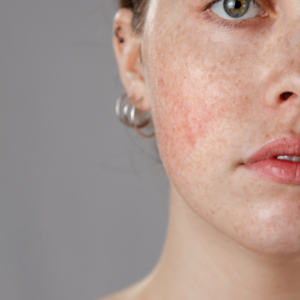
Rosacea Awareness Month: Signs, Symptoms & Treatment Options
Discover a youthful lift without surgery. Learn how our thread lift at Bryn Mawr Dermatology can rejuvenate your appearance.
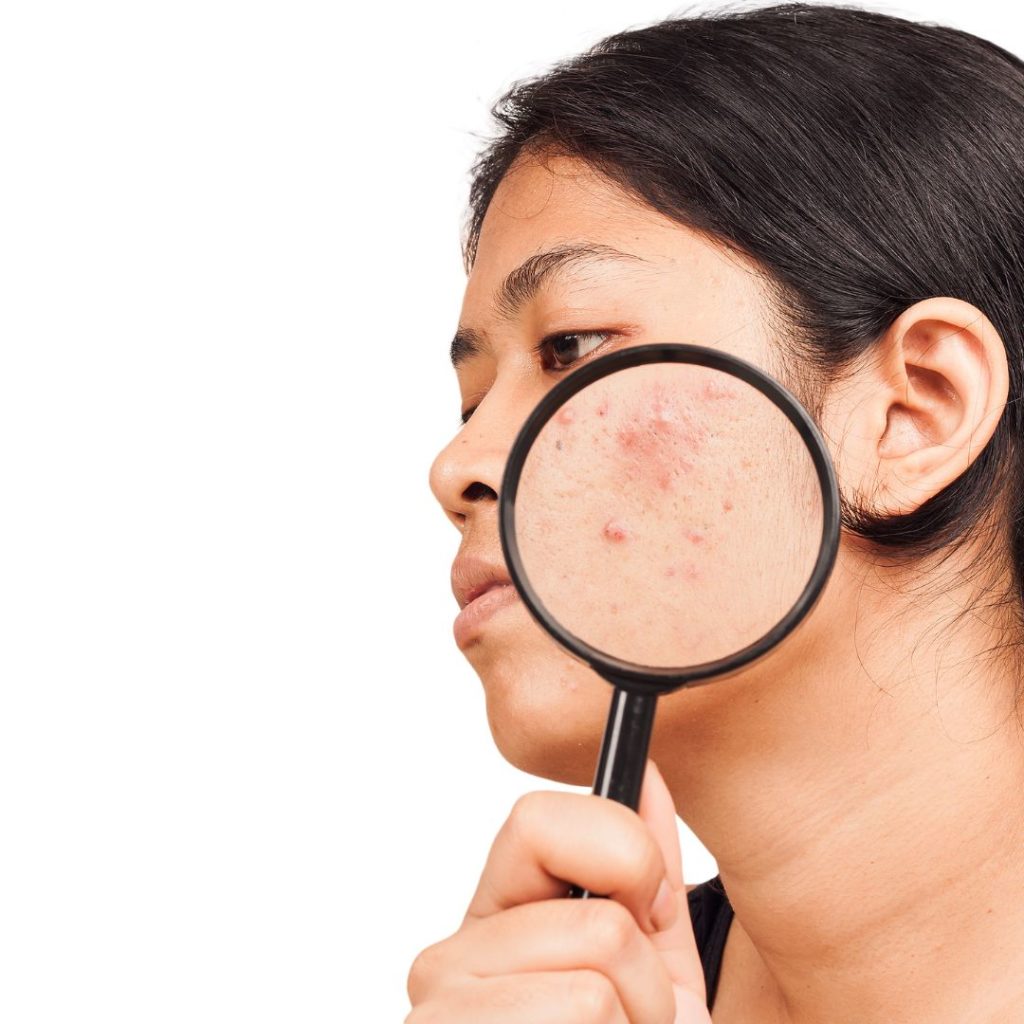
Acne is a chronic inflammatory skin condition that occurs when the hair follicles are blocked with dead skin cells and oil. The resulting build-up of sebum can lead to the growth of bacteria, which can then cause pimples, blackheads, whiteheads, cysts, and nodules. Acne can occur on the face, neck, chest, back, shoulders, and upper arms. It is most common in teenagers and young adults, but it can also affect people of all ages. Types of acne include:
• Occluded pores (comedones), which are either open (blackheads) or closed (whiteheads).
• Red, inflamed bumps called papules.
• Pus-filled bumps called pustules.
• Large, painful lumps beneath the surface of the skin called cysts or nodules.
Acne can be mild, moderate, or severe, depending on the number of comedones, papules, pustules, and nodules you have. Most individuals with acne have mild to moderate acne.
There is no single cause for breakouts and no universal cure for acne. Everyone’s acne is little different; therefore, the treatment we offer at Bryn Mawr Dermatology is personalized and precise. We first identify the contributing factor(s) that are causing your breakouts. Some of the usual suspects are clogged pores, a bacteria called p. acnes, and hormones. The main causes of acne include:
• Excess oil (sebum) production: Hormonal changes, such as those that occur during puberty, can cause an increase in sebum production. This excess oil can clog the pores and lead to breakouts.
• Hair follicles clogged by oil and dead skin cells: When the pores become clogged, it provides the perfect environment for acne-causing bacteria to grow.
• Bacteria: Acne-causing bacteria (Propionibacterium acnes) can grow in the clogged pores and cause inflammation.
• Inflammation: The body’s inflammatory response to the presence of bacteria and excess oil can cause redness, swelling, and pain.
Acne is a very common skin problem, and it can affect people of all ages. While anyone can get acne, it is mostly seen in teenagers and adolescents. Acne appearances in the teenage years are most seen in men, while acne in adulthood is most common in women.
At Bryn Mawr Dermatology, we believe in creating treatment plans that are unique to each patient. During your consultation, we listen closely to your concerns and recommend treatments to correct the specific issues you’re experiencing. Our dermatologists offer gentle topical solutions, prescription topical and oral medications, hormone-modifying medications, and advanced skin care treatments to help you achieve beautiful, clear skin. We may also recommend a combination of approaches to get your breakouts under control, such as:
• Topical Acne Facials and Aesthetician Services
• Light Therapy for Acne Breakouts
• Laser Skin Resurfacing
The first line of attack is usually a clinical skin care regimen including at least one prescription acne-fighting cream or wash. Sometimes oral medications or pore-clearing aesthetic treatments are required to really harness symptoms. Once we figure out which therapies work best for you, the regular use of these will help to resolve current symptoms, prevent future breakouts and the marks that those breakouts can leave behind.
We also carry many non-prescription clinical skin care products like gentle cleansers, moisturizers and sunscreens that work in tandem with your medical treatments.
With acne-prone skin, there is a delicate balance between aggressively treating your acne and not irritating your skin. Most acne-fighting ingredients will either exfoliate your skin, kill p. acnes bacteria, or modify the hormonal factors that influence acne. These ingredients can be very abrasive, so it’s important to be gentle with your skin before and after using these products. We encourage our patients to embrace the “less is more” mentality. Whereas some exfoliation is good, too much makes your face red and causes micro-fissures that encourage bacteria proliferation. And as far as exfoliation goes, we suggest chemical exfoliation only, meaning no scrubs, brushes, or microdermabrasion.
At Bryn Mawr Dermatology, we believe in creating treatment plans that are unique to each patient. During your consultation, we listen closely to your concerns and recommend treatments to correct the specific issues you’re experiencing. Our dermatologists offer gentle topical solutions and advanced skincare to achieve beautiful and clear skin. Schedule an Appointment or call us at (610) 525-7800 today!

Discover a youthful lift without surgery. Learn how our thread lift at Bryn Mawr Dermatology can rejuvenate your appearance.

Discover a youthful lift without surgery. Learn how our thread lift at Bryn Mawr Dermatology can rejuvenate your appearance.
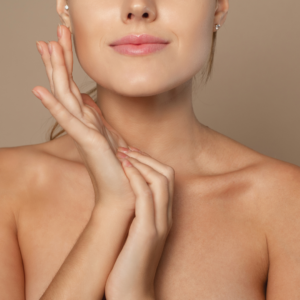
Discover a youthful lift without surgery. Learn how our thread lift at Bryn Mawr Dermatology can rejuvenate your appearance.
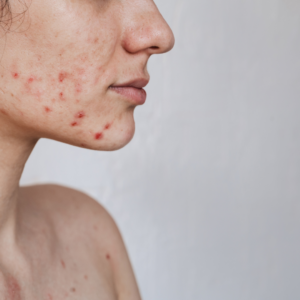
Struggling with acne scars? Discover the best dermatologist-approved treatments for smoother, clearer skin.
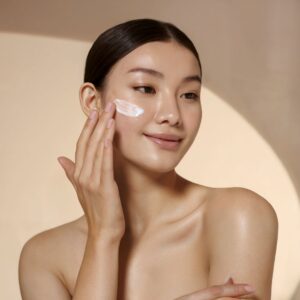
Looking to get your body summer-ready? Explore CoolTone and other expert treatments at Bryn Mawr Dermatology. Book your consultation today!

Looking to get your body summer-ready? Explore CoolTone and other expert treatments at Bryn Mawr Dermatology. Book your consultation today!

By: Bryn Mawr Dermatology, Published: June 29, 2022
Medically Reviewed By: Christine Stanko, MD, FAAD – June 25, 2024
For COSMETIC APPOINTMENTS:
For MEDICAL APPOINTMENTS: